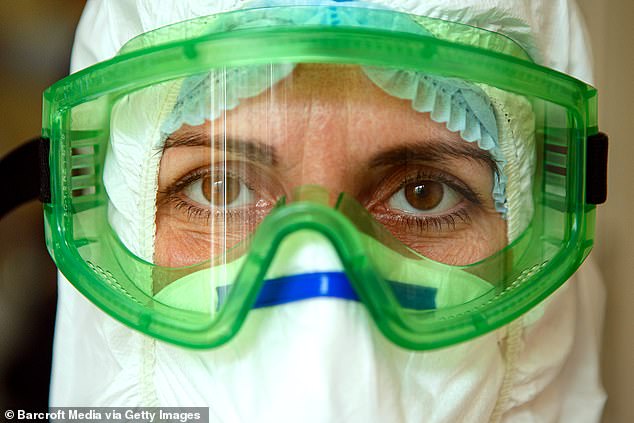Four out of five people experiencing the recent loss of smell and/or taste tested positive for COVID-19 antibodies—and of those who tested positive, 40 percent did not have cough or fever, reports a new study in PLOS Medicine by Prof. Rachel Batterham at University College London and colleagues.
COVID-19 can cause loss of taste and smell, but the prevalence of COVID-19 antibodies in people reporting these symptoms is unknown, and the significance of loss of smell and/or taste as a predictor of COVID-19 is not well understood. To estimate the seroprevalence of SARS-CoV-2 antibodies in people with acute loss of their sense of smell and/or taste, researchers enrolled 590 people self-reporting a loss of taste/smell in the previous month. Following verification of symptoms via a telemedicine consultation, 567 participants with smell and/or taste loss participants underwent a SARS-CoV-2 antibodies test.
78% had SARS-CoV-2 antibodies, and participants with loss of smell were almost 3 times more likely to have SARS-CoV-2 antibodies compared to those with loss of taste, suggesting that a loss of smell is a highly specific symptom of COVID-19. Of the 78% of participants testing positive for antibodies, 40% had neither cough nor fever. While the study had limitations, such as the self-reporting of smell/taste changes and the lack of a control group, the researchers believe the evidence indicates that loss of smell should be taken into greater consideration in COVID-19 public health measures such as testing, case isolation, and treatment strategies.
These findings also have significant implications for policy makers globally, as most countries do not recommend self-isolation and testing based on acute loss of smell/taste. This study suggests that an over-reliance on cough and fever as the main symptoms of COVID-19 may be flawed and that loss of smell needs to be urgently recognized globally as a key symptom of COVID-19.
Prof. Rachel Batterham, who led the study, said “Early self-recognition of COVID-19 symptoms by the members of the public, together with rapid self-isolation and PCR testing are vital in order to limit spread of the disease. Currently, most countries around the world do not recognize sudden loss of smell as a symptom of COVID-19.
78% of participants in our community-based study with sudden onset loss of smell or taste had SARS-CoV-2 antibodies. The vast majority had mild symptoms and 40% did not report having a fever or cough. Our findings suggest that people who notice a loss in their ability to smell every day house-hold odors such as garlic, coffee and perfumes should self-isolate and seek PCR testing. Loss of sense of smell needs to be recognized globally by policy makers as a key symptom of COVID-19.”
Public Library of Science


